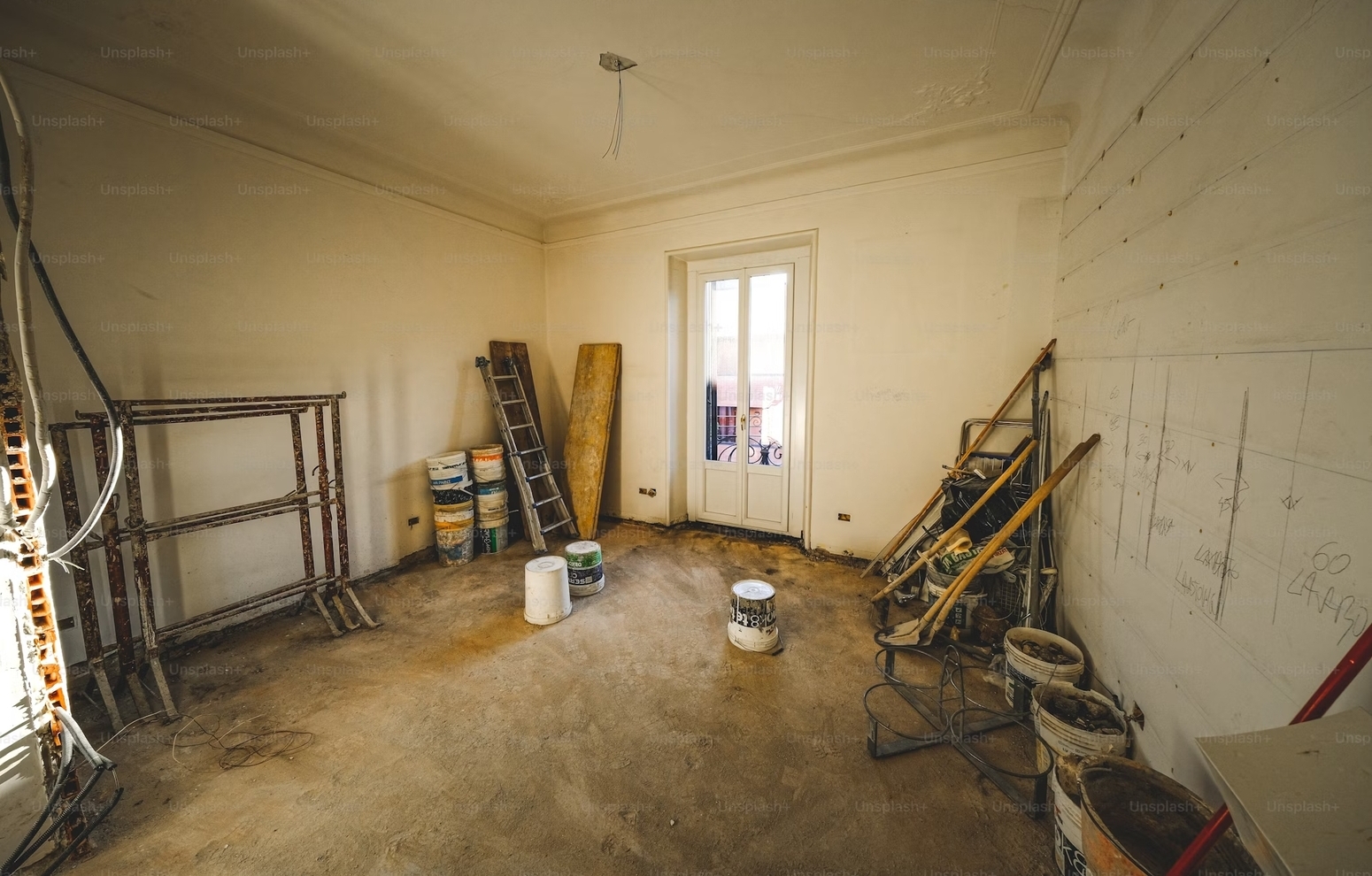Investing In Italian Property For Retirement
You’ve finally given in to La Dolce Vita’s allure and plan to spend your golden years in Italy at your dream property. If you start planning ahead and networking with the appropriate individuals, you can spend your retirement in Italy. Here are some guidelines to help you get going in the Italian Property market.
Retirement Visa Is The Most Sought-After Visa
If you want to go to Italy and make it your permanent home, you will require a visa unless you have close relatives already living there or elsewhere in Europe. Holders of ERVs are not allowed to work in Italy and must provide proof of a yearly income (pension, savings, dividends, rental income, annuities, or other investments) of at least €31,000 ($38,000 USD) for individuals or €38,000 ($42,000 USD) for couples. Other criteria include a year of private health insurance and a lease or ownership agreement as confirmation of where you will live.
However, these figures must be cross checked with the Local Italian Consulate before applying.
You can submit your application in person at the Italian consulate, and it is highly recommended that you retain the services of an Italian law firm to help you through the procedure. You have one year from the day you receive your visa to utilise it.
An Elective Residence Permit, valid for a year and renewed every two years, must be applied for within eight days of arrival in Italy. This is the essential document that demonstrates legal residency.
Is The Italian Government Willing To Provide A “Golden Visa”?
The Italian Golden Visa is a fast-track investment visa similar to those granted by other European nations.
Incentives to invest in the Italian economy are offered in exchange for lenient residence requirements for high-net-worth people (HNWI).
They must also provide income proof and residency in Italy by renting or buying a residence in the country. Investments in government bonds (minimum €2 million), business bonds or shares (minimum €500,000), shares in a startup (minimum €250,000), or initiatives of public interest (minimum €1 million) are all acceptable. Prospective investors have a strict time limit of three months from their arrival in Italy to make their investments. Their first investor residency visa is valid for two years, with a further three years available for renewal.
Does Italy Have A Tax System That Is Friendly To International Retirees?
The good news is that tax rates in Italy are favorable for both high-net-worth individuals and retirees with average earnings. This is because of the ‘Special Tax Regime,’ a set of incentives established in recent years and aimed at attracting foreign investment, which has made Italy an attractive destination. Retirees receiving a pension who relocates to the south of Italy can choose to have all of their income from abroad taxed at a flat rate of only 7% under Italy’s STR.
Italian wealth taxes (IVAFE and IVIE) do not apply to any outside investments or homes. Foreign retirees can take advantage of STR in Italy for the year in which they become tax residents of Italy and for the subsequent nine years. It is valid only in municipalities with fewer than 20,000 residents in the southern Italian regions of Sicily, Calabria, Sardinia, Campania, Basilicata, Abruzzo, Molise, and Puglia. Participants must not have been a tax resident of Italy in any of the five years prior to application.
The STR, meanwhile, provides a flat rate alternative for the ultra-wealthy as well. Those who are independently wealthy and select Italian tax residents have the option of having their income from sources outside of Italy taxed at a flat rate of €100,000 for a period of 15 years. Family members of the primary applicant can benefit from STR status by filing jointly and paying a €25,000 annual lump sum substitutive tax on income earned outside of Italy. Tax residency in Italy for more than nine of the prior 10 years is not acceptable.
Italy’s Health Care System And Your Choices
Wherever you choose to spend your golden years, make sure you’ll have easy access to medical care. Individuals arriving in Italy on an ERV can sign up for access to Italy’s national health system by presenting a valid residency visa or S1 form.
You can get a health card that is valid for one year and can be renewed at your neighborhood health department.
Private medical care is an alternative to enrolling in the public healthcare system.
Contact us today for advice on buying or selling property in Italy
Recent News & Events
The Italian Government has adopted the Decree n. 113/2024 (entered into force on August 10th, 2024), increasing the HNWIs’ annual flat tax from Eur 100.000 to Eur 200.000. The Decree includes a grandfathering clause under which the above increase will be applicable only to those that move their habitual [...]
Fines of up to 5 thousand euros for private individuals with illegal workers News regarding the adequacy of manpower for construction work. After the restrictions introduced in 2021 and the further provisions of the PNRR Law, the “Cohesion Decree” (Decreto Coesione) has now provided for a crackdown regarding the [...]
Digital nomadism reinvents the concept of work and life on the move After years of waiting, Italy has finally approved a DN VISA. DN: Definition and Legalities Digital nomadism in Italy is regulated by the Decree n. 25 – February 28th, 2024 -also known as Decreto Sostegni-ter. The Decree [...]
2024 TAX LAW FOR IMPATRIATES: NEW RULES Still a great opportunity for those who want to buy home in Italy in 2024 The Decree no. 209/2023 recently adopted by the Italian Parliament has introducedsignificant updates to the “impatriated tax regime”, which deeply modifies the criteria for accessing tax breaks [...]




